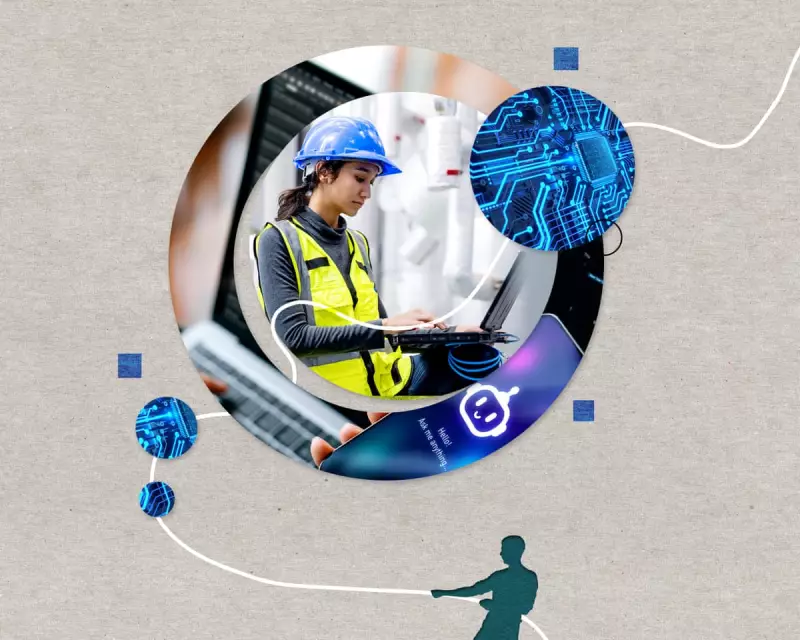
The promise of artificial intelligence (AI) to revolutionise economies is undeniable, but the question remains: can it deliver true economic nirvana? According to experts, the answer is a resounding yes—but only if workers are actively involved in monitoring and shaping how AI is deployed.
The Double-Edged Sword of AI
AI has the potential to boost productivity, streamline operations, and create new industries. However, without proper oversight, it could also lead to job displacement, widening inequality, and unchecked corporate power. The key lies in ensuring that workers—not just executives and shareholders—have a say in how these technologies are integrated into the workplace.
Why Worker Involvement Matters
Studies show that when employees are part of the decision-making process, AI implementations are more likely to succeed. Workers bring firsthand knowledge of operational challenges and can help design systems that complement human skills rather than replace them. Without this input, AI risks becoming a tool for exploitation rather than empowerment.
The UK’s Role in Shaping AI Policy
As a global leader in technology and finance, the UK has a unique opportunity to set standards for ethical AI use. Policymakers must balance innovation with safeguards, ensuring that automation benefits society as a whole. This includes:
- Transparency in AI decision-making
- Strong labour protections
- Investment in retraining programmes
The future of AI-driven prosperity depends on collaboration between technologists, businesses, and the workforce. Without it, the economic utopia AI promises may remain out of reach.





